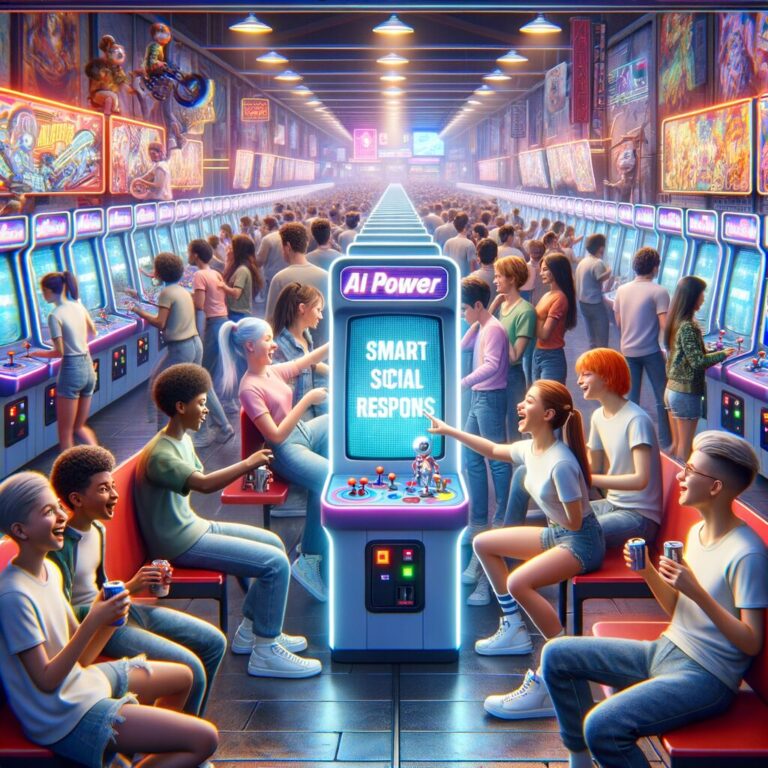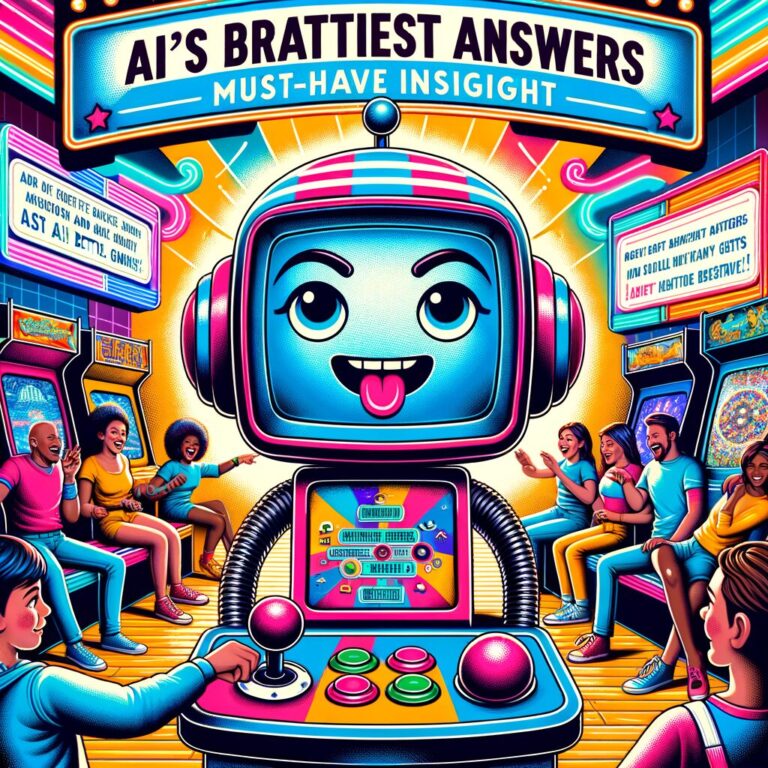Artificial Intelligence (AI) has revolutionized various aspects of our lives, and education is no exception. In recent years, AI-powered Math and Science games have gained popularity as effective tools for engaging children in learning these subjects. By incorporating interactive elements, gamification, and personalized learning experiences, these games offer a fun and engaging way for kids to improve their math and science skills. This article explores how AI Math and Science games can be the best way for kids to learn complex concepts in a stimulating and enjoyable environment.
The Role of AI in Education
AI technology has significantly transformed the landscape of education by providing innovative solutions to enhance learning experiences. In the realm of Math and Science education, AI algorithms are leveraged to create personalized learning paths tailored to individual students’ needs. These adaptive learning systems analyze a child’s performance, identify areas of improvement, and provide targeted exercises to reinforce their understanding.
Gamification in Education
Gamification is a proven strategy that introduces game elements into educational activities to motivate and engage learners. AI Math and Science games utilize gamification techniques such as rewards, levels, challenges, and competitions to make learning more interactive and exciting for children. By turning complex concepts into interactive puzzles or challenges, these games encourage critical thinking, problem-solving, and active participation.
Personalized Learning Experiences
One of the key benefits of AI Math and Science games is their ability to offer personalized learning experiences. Through advanced algorithms, these games adapt to each student’s learning pace, preferences, and level of understanding. By adjusting the difficulty level of tasks, providing instant feedback, and offering targeted hints or explanations, AI-powered games help children learn at their own pace and build confidence in tackling challenging topics.
Enhancing Concept Retention
Traditional rote learning methods often lead to shallow understanding and limited retention of concepts. AI Math and Science games take a different approach by promoting experiential learning through interactive simulations, experiments, and problem-solving scenarios. By engaging children in hands-on activities that require them to apply concepts in real-world situations, these games facilitate deeper learning, better retention, and a more holistic understanding of Math and Science principles.
Encouraging Collaboration and Competition
AI Math and Science games also foster collaboration and healthy competition among students. Many of these games allow children to work together on projects, solve problems as a team, or participate in multiplayer challenges. By encouraging social interaction, communication skills, and teamwork, these games not only enhance academic skills but also promote important soft skills that are essential for success in the 21st-century workforce.
Conclusion
In conclusion, AI Math and Science games offer a dynamic and engaging approach to learning that can benefit children in various ways. By combining the power of artificial intelligence, gamification, and personalized learning, these games provide a stimulating environment for kids to explore, experiment, and master complex Math and Science concepts. As technology continues to evolve, AI-powered educational tools will play an increasingly vital role in shaping the future of education, making learning more accessible, engaging, and effective for children of all ages.






